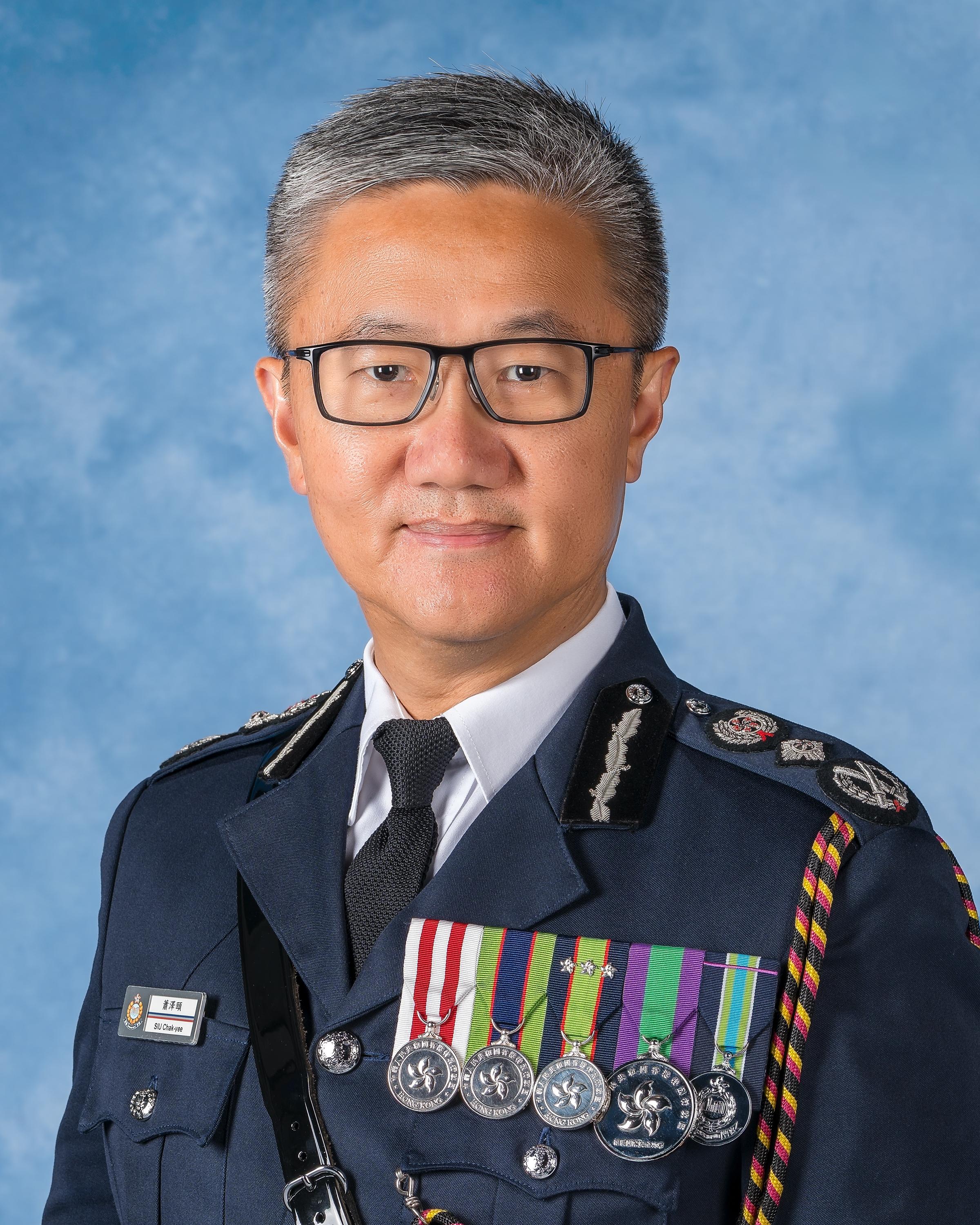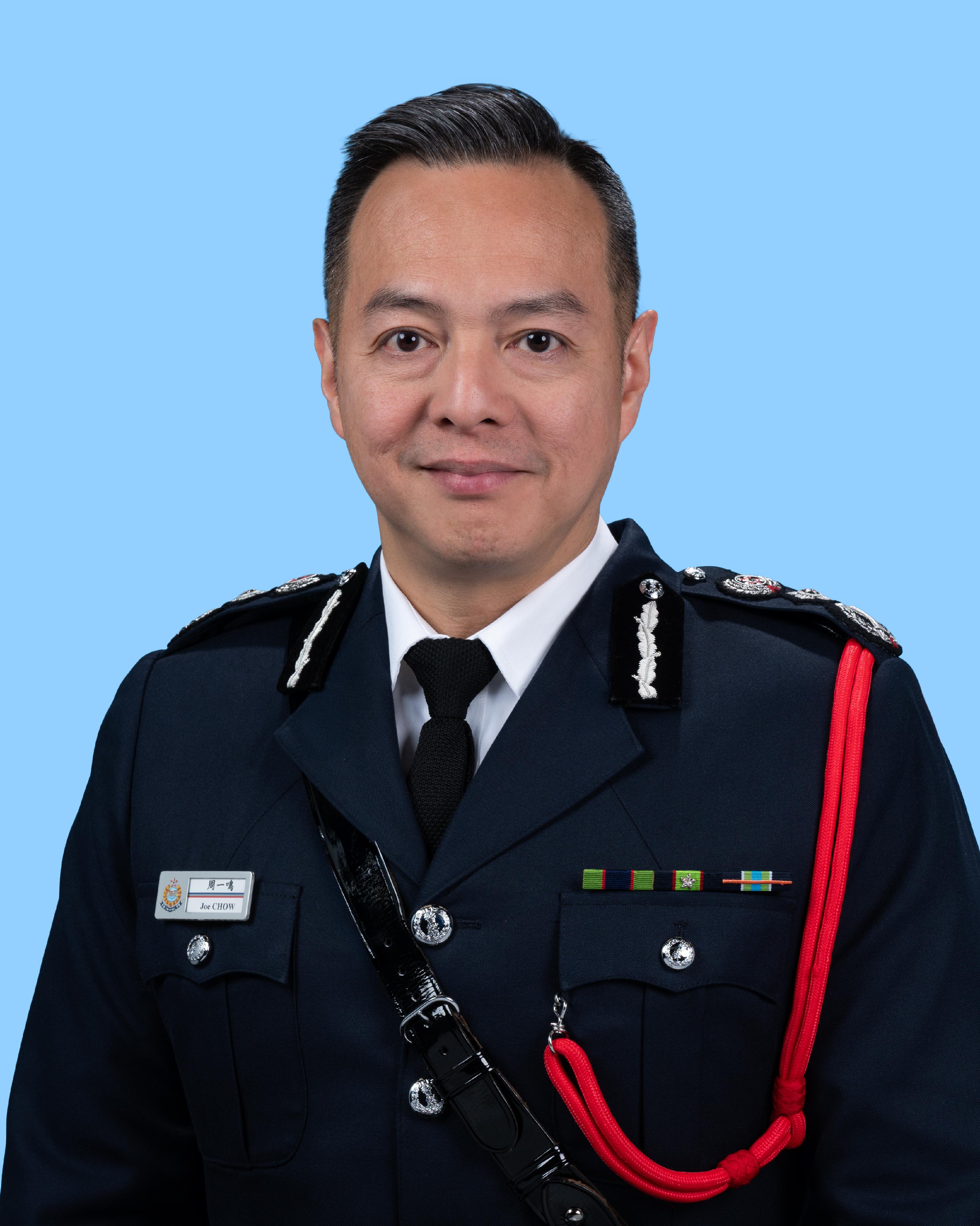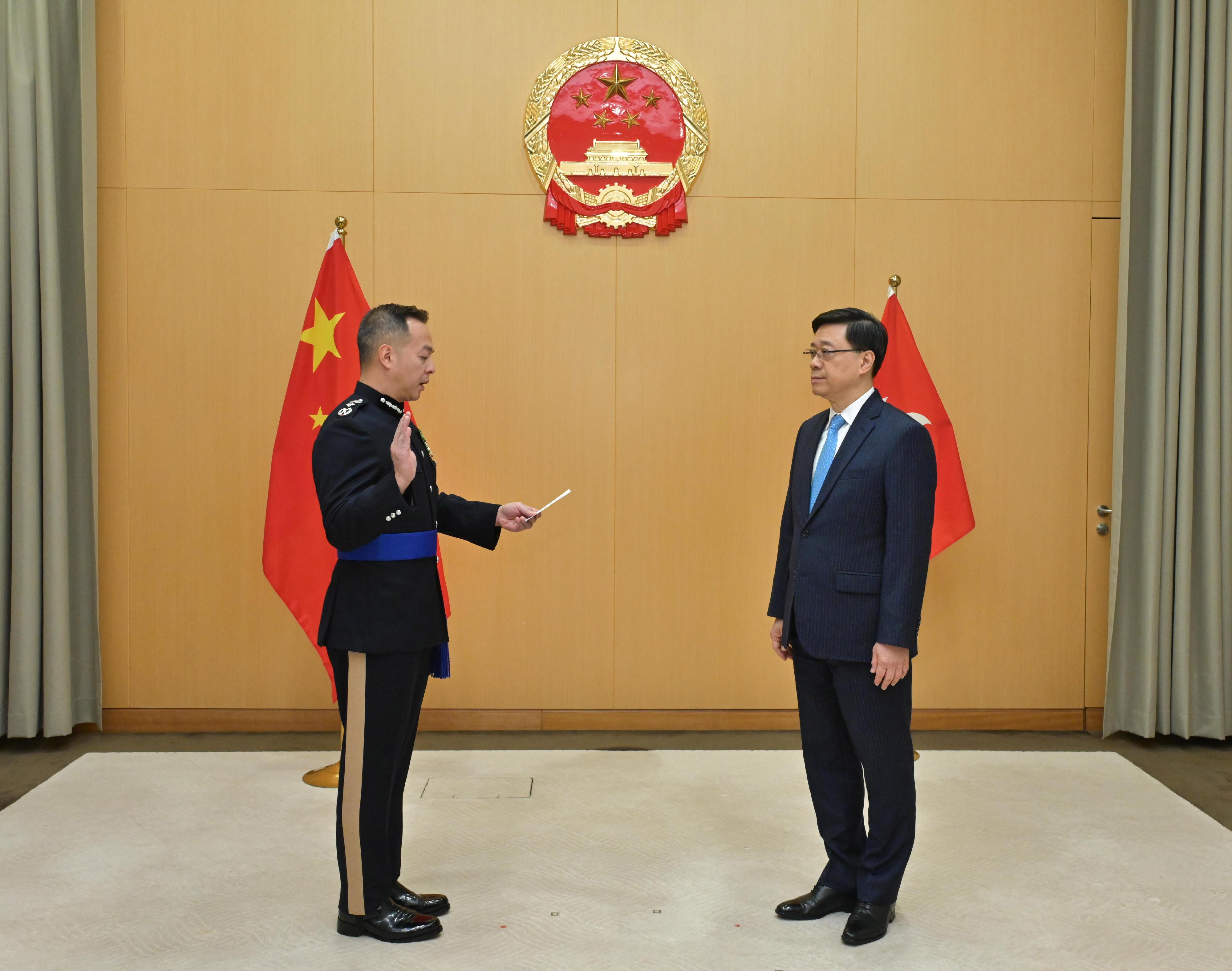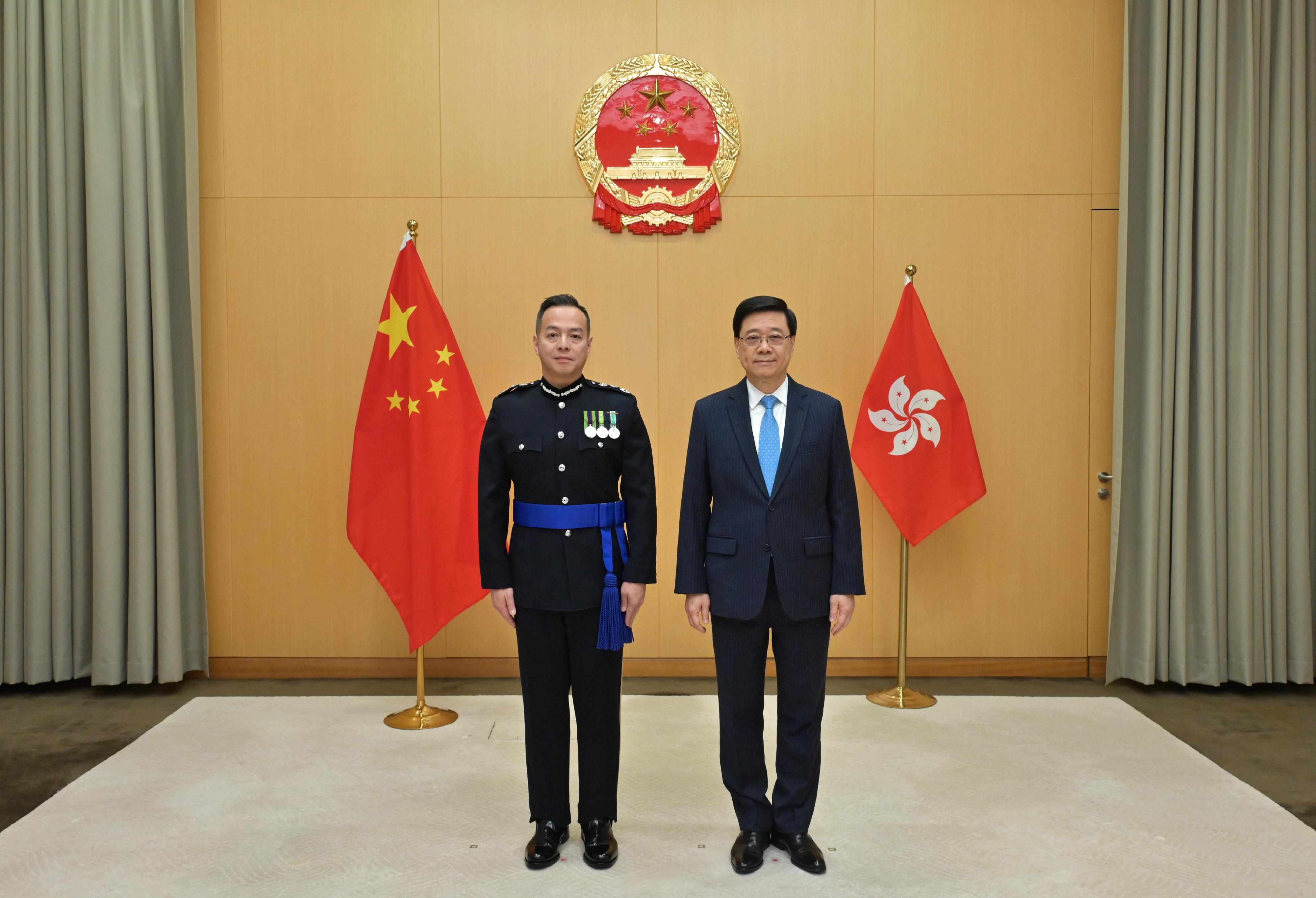LCQ7: Large language models developed in Hong Kong
Following is a question by Dr the Hon Johnny Ng and a written reply by the Secretary for Innovation, Technology and Industry, Professor Sun Dong, in the Legislative Council today (April 2):
Question:
It has been reported that the HKGAI V1 large model, which was released in February this year by the Hong Kong Generative AI Research and Development Center (HKGAI) funded by the Government’s InnoHK research clusters, is the first large language model generated in Hong Kong based on the full parameter fine-tuning of DeepSeek, an artificial intelligence (AI) chatbot, and continuous training, marking a major breakthrough in the field of local AI. In this connection, will the Government inform this Council:
(1) whether it knows the development and operating costs of the HKGAI V1 large model, and how such costs compare with the development and operating costs of other similar models;
(2) as it is learnt that AI technology has been actively applied around the world in recent years, whether the Government has compared the effectiveness of the HKGAI V1 large model with that of the AI large models developed in other regions; if so, of the results;
(3) as it is learnt that HKPilot (i.e. a generative AI document processing copilot application), which is the large language model version developed by HKGAI, has been put on trial use in more than 70 government departments at present, of its initial effectiveness and the relevant data (e.g. the amount of costs that can be reduced and the extent of benefits that can be enhanced);
(4) as it is learnt that neighbouring regions (including a number of Mainland cities) have started to deploy DeepSeek large models in the field of government services to create “AI civil servants” to take up some of the work originally undertaken by manpower, how the SAR Government will make use of the HKGAI V1 large model to assist the Government in enhancing government efficiency and reducing manpower expenditure, so as to improve the quality of government services; and
(5) of the Government’s specific plans and performance targets for realizing the extensive application of the HKGAI VI large model, including (i) the specific timetable for opening up the model for public use, (ii) how it will enrich the application scenarios in the long run so as to apply and popularize the technology, (iii) how it will make the best use of the model to benefit people’s livelihood, and (iv) how it will make use of the model to assist in promoting the upgrading and transformation of Hong Kong’s industry structure?
Reply:
President,
The reply to the question raised by Dr the Hon Johnny Ng is as follows:
(1) and (2) The Hong Kong Generative AI Research and Development Center (HKGAI), set up in 2023 with the funding support of the AIR@InnoHK research cluster focusing on artificial intelligence (AI) and robotics technologies, specialises in the research and development (R&D) of generative AI technology, with the goal of building Hong Kong’s self-developed AI foundation models and ecosystem. HKGAI is currently conducting R&D on a series of open-source foundation models, including a local large language model (LLM) and a generative AI document processing copilot application (HKPilot) based on this LLM.
According to the information provided by HKGAI, its locally developed LLM has been specifically optimised for Hong Kong’s cultural and linguistic environment as well as safety, which enables the LLM to possess not only capabilities similar to other outstanding LLMs in the market, but also excels in handling localised application scenarios.
The estimates of R&D and operating expenditure of HKGAI is around $235 million. We do not maintain the breakdown related to the development costs of individual models or applications.
(3) and (4) HKPilot which is now at the R&D stage is mainly used for document processing tasks such as drafting, translation, and summarisation of documents. In order to help HKGAI further train up and optimise its LLM, the Government started using the HKPilot from mid-2024. The Digital Policy Office (DPO) has invited all bureaux and departments (B/Ds) to arrange government personnel of different grades to participate in the pilot programme. Currently, the DPO does not have information related to cost reduction or efficiency improvement from the pilot.
In February 2025, HKGAI updated its locally developed “HKGAI V1” LLM based on DeepSeek technology, and is integrating the model into the HKPilot to further enhance its document processing capabilities, while allowing pilot use by government staff and collecting their user feedback. The DPO will continue to co-ordinate B/Ds to gradually increase the number of government personnel participating in the pilot programme. In the longer term, the application will help reduce the manpower required for government personnel to handle general document processing tasks, allowing manpower to be deployed to other areas of need.
(5) As mentioned above, HKGAI is making every effort to optimise its LLM and applications such as HKPilot, and aims to launch to the market a chatbot “HKChat” developed on the basis of its LLM for public use this year. HKGAI will conduct testing on the cybersecurity and stability of related systems before the official launch of HKChat, including inviting third-party experts to conduct audits. On the other hand, HKGAI’s LLM has the potential to develop and support practical applications in other professional fields (such as law and environmental protection). HKGAI will formulate an overall strategy and timetable for releasing the LLM and the applications for use by various sectors in the community. read more





